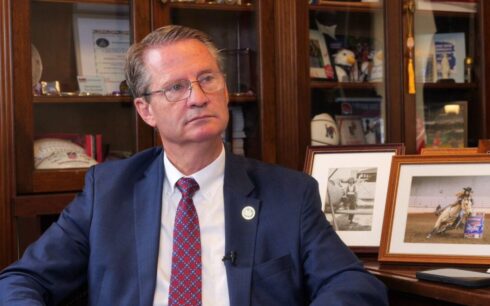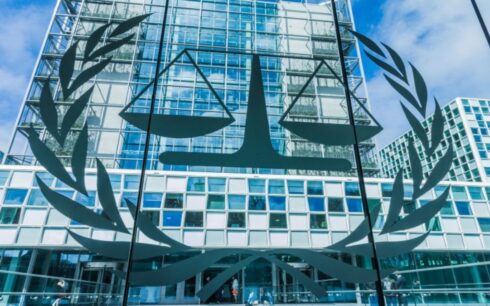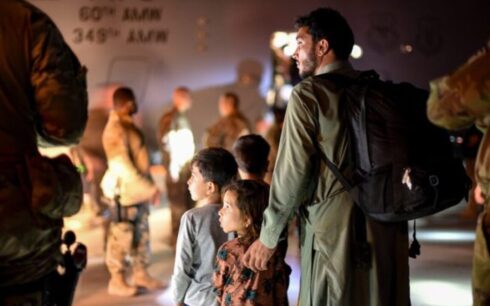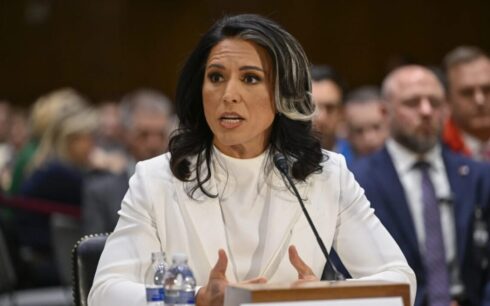Russian Foreign Minister Sergey Lavrov expressed concerns about the presence of terrorist groups in Afghanistan during the sixth Moscow Format meeting.
He warned that these groups are using Afghan territory to launch attacks on other countries, calling the situation “worrisome.”
“Terrorist elements are still active in Afghanistan, launching attacks on neighboring states. This is a serious concern. But combating these groups requires regional cooperation,” Lavrov said.
The high-ranking Russian official also emphasized the importance of dialogue with the Taliban and urged Western countries to unfreeze Afghanistan’s assets.
“Pragmatic dialogue between Moscow and Kabul is essential,” he added. “We believe that maintaining constructive talks with Afghanistan’s current government is in the interest of security, economic development, and national solidarity in the country.”
Taliban denies terrorist groups’ presence
In response, Amir Khan Muttaqi, the Taliban’s foreign minister, dismissed claims that terrorist groups are operating within Afghanistan. Without naming specific countries, he alleged that ISIS attacks within Afghanistan are orchestrated from outside its borders and that the group maintains training centers abroad.
“Over the past three years, the majority of ISIS attacks in Afghanistan have been carried out by foreign nationals who entered the country from abroad,” Muttaqi stated. “We urge all regional countries to cooperate in preventing ISIS from recruiting their citizens and sending them to Afghanistan or other nations for destructive operations.”
Moscow Format talks focus on regional security
The sixth Moscow Format meeting, held on Friday, brought together representatives from Russia, India, China, Iran, Pakistan, Uzbekistan, Kazakhstan, Tajikistan, Turkmenistan, and a delegation from the Taliban. Iran was represented by Hassan Kazemi Qomi, its special envoy for Afghanistan, while Pakistan and China sent mid-level foreign ministry officials.
This gathering followed similar regional meetings hosted by Iran and Uzbekistan under the titles “Regional Contact Group” and “Moscow Format.” However, many experts and Afghan citizens argue that these meetings have had little tangible impact on the country’s deteriorating situation.
Wais Naseri, a political analyst, commented: “Moscow Format meetings focused on Afghanistan have not significantly improved the situation in the country. These discussions have primarily benefited regional powers and the Taliban.”
A resident of Kabul, who spoke on condition of anonymity, said, “Our expectation from the Moscow Format is for the international community to pressure the Taliban into addressing the demands of the Afghan people and ceasing their human rights violations.”
More than three years after the Taliban’s return to power, no country, including Russia, Iran, or China—nations that have established closer ties with the Taliban—has formally recognized their government. In addition, regional and global powers, including the United Nations, the European Union, and human rights organizations, have repeatedly criticized the Taliban’s treatment of women and girls, and have called for the formation of an inclusive government in Afghanistan—demands that the Taliban continue to ignore.





